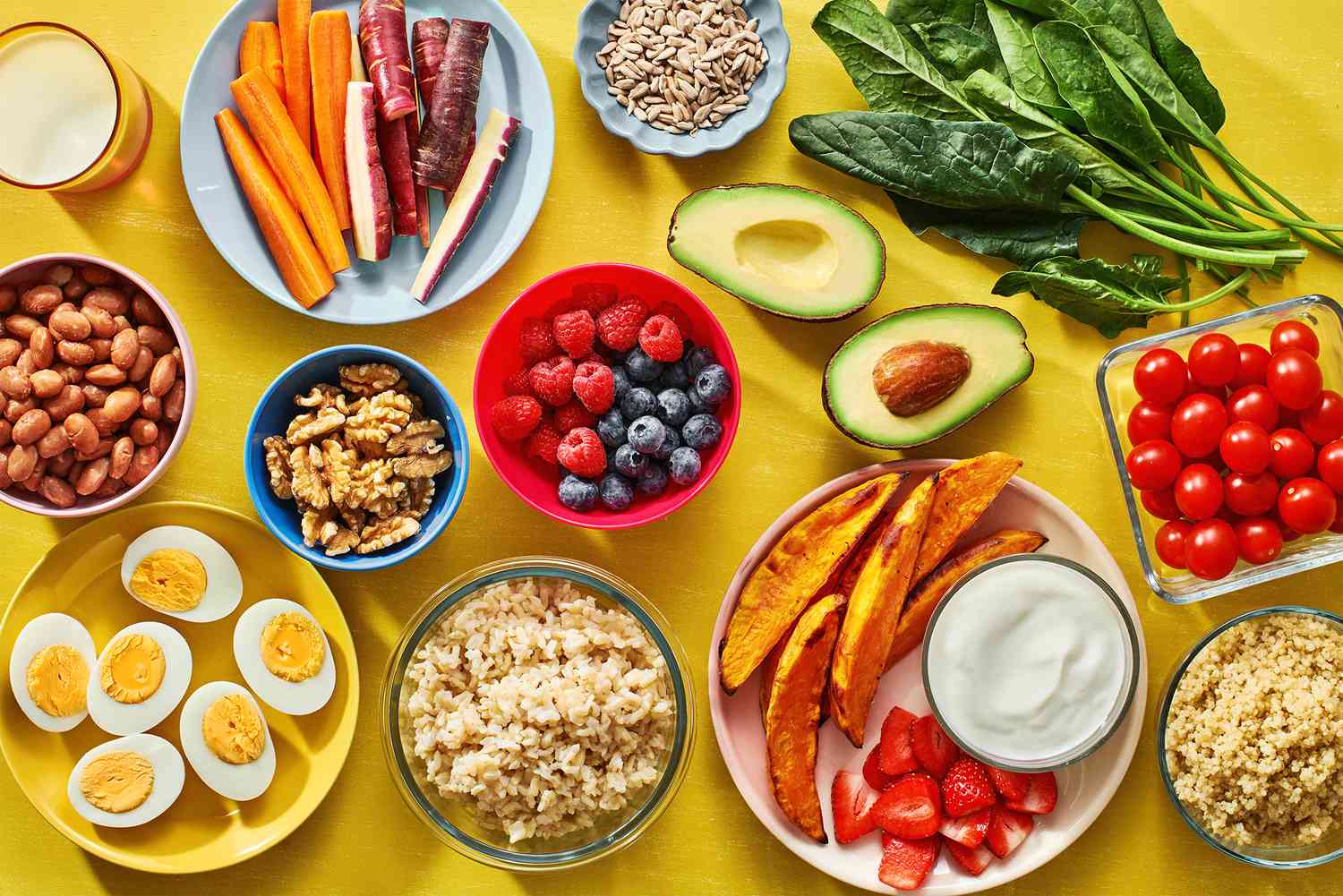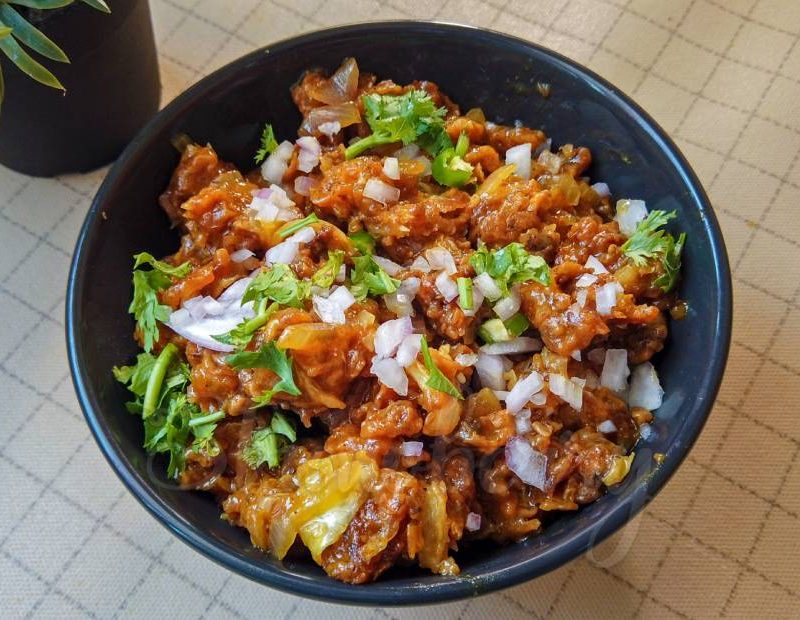In today’s fast-paced lifestyle, convenience often takes priority over nutrition. While restaurant food or takeout might save time, it comes at the cost of health. Homemade food, on the other hand, offers a range of benefits that go far beyond just taste. One of the biggest advantages of homemade meals is the control you get over the ingredients. You choose what goes in—whether it’s fresh vegetables, healthy oils, or low-sodium alternatives—eliminating the risk of hidden sugars, preservatives, and harmful additives that are often present in packaged or restaurant-prepared meals. You can control portion sizes, use organic produce, and substitute unhealthy components with healthier options like olive oil instead of butter or jaggery instead of white sugar.

Freshness is another critical benefit. Homemade meals often use ingredients that are just purchased or sourced from the kitchen, retaining more nutrients like vitamins and antioxidants. When food is stored for long periods or reheated multiple times, as is common in many restaurants, it tends to lose its nutritional value. Cooking at home allows you to preserve the goodness in your food, ensuring every bite contributes positively to your health.
Additionally, homemade food makes it easier to tailor meals to individual dietary needs. Whether you’re diabetic, trying to lose weight, or need high-protein meals for fitness, cooking at home lets you align meals to specific health goals. You can experiment with low-carb, high-fiber, gluten-free, or dairy-free diets without having to rely on expensive specialty restaurants. You’re in charge of customizing not just the flavor but also the function of your meals.
Another underrated benefit is how homemade food encourages mindful eating. When you cook, you connect with the food—you know how it was prepared, what ingredients were used, and the effort it took. This connection often leads to slower, more thoughtful eating. It reduces overeating because your brain registers satiety more effectively when you eat attentively. Over time, this practice helps with digestion, weight management, and overall well-being.
Lastly, cooking at home promotes lifelong healthy habits. It improves your understanding of food, develops your cooking skills, and encourages creativity in the kitchen. It’s also an excellent way to bond with family—especially children—teaching them about nutrition and traditional cooking methods. Involving kids in meal preparation helps them develop healthier relationships with food early on.
In summary, choosing homemade food over restaurant meals isn’t just a lifestyle preference—it’s a step toward long-term health, personal empowerment, and emotional satisfaction. Even if you start with just a few meals a week, the benefits you’ll experience will inspire you to keep going.
Your body—and your wallet—will thank you.



